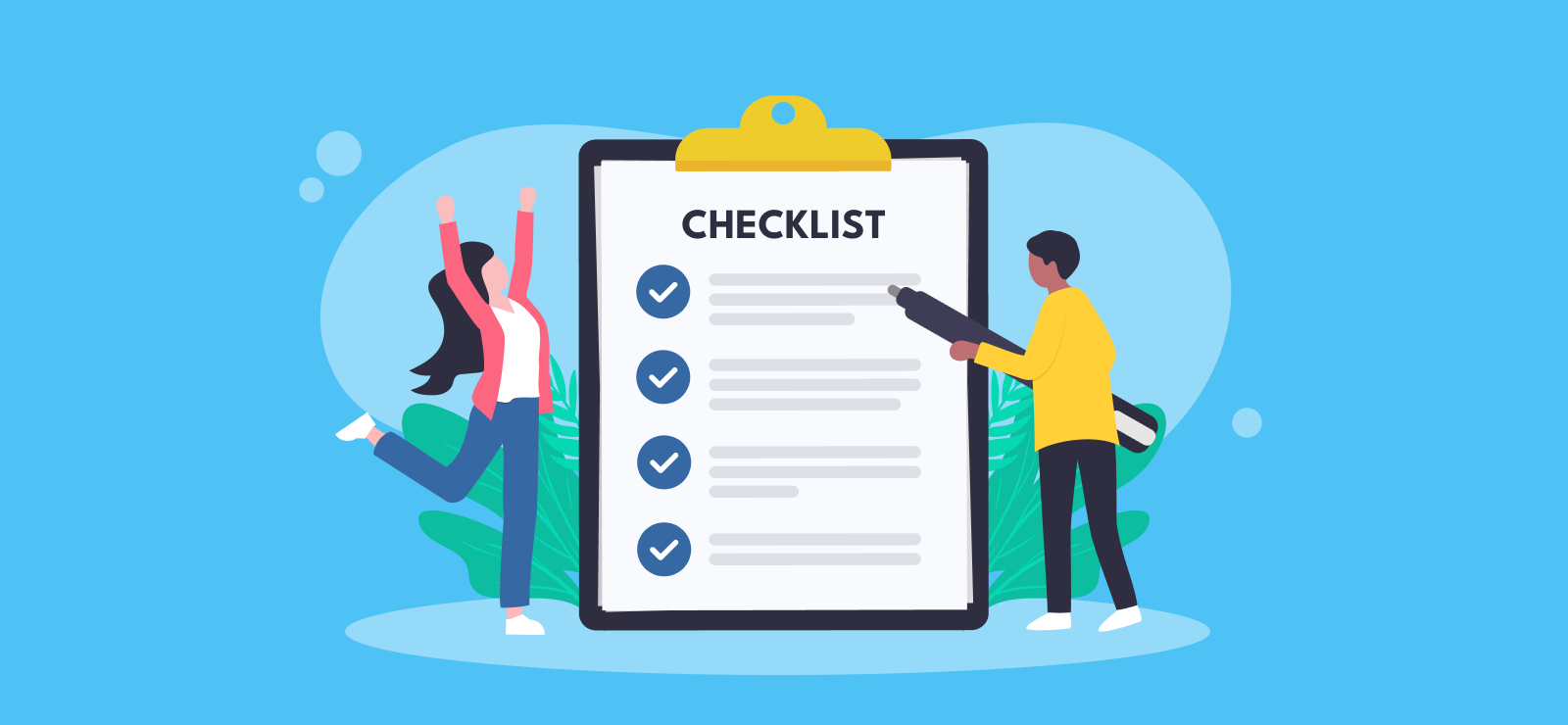

Expenses versus Disbursements: What they mean for VAT
VAT is a complex subject, but it can be particularly tricky if you incur expenses which you then need to pass on to your customers. Welcome to the bewildering topic of expenses versus disbursements.
Disbursements and expenses are very different things, and have different VAT treatments even though you may charge them in the same way, so we’ll explain how it all works.
What are expenses?
Expenses are things that your business spends money on, such as food, travel, or entertainment. If you have staff there might be times that they incur expenses for work, and your business reimburses them for it.
For example, if you employ a service engineer who visits a customer’s premises to work on their equipment. They may need to reclaim travel costs and if they are away from the office for a long time, food, drinks, or even an overnight stay. As long as your commercial agreement allows it, you might want to recharge these costs to your customer, or include it in the work quote.
What are disbursements?
Disbursements look almost exactly like expenses from the outside, but the technical reality is a different matter. Similar to expenses, disbursements are a payment you make to a third party that you will likely want to charge to your customer.
Examples of disbursements and expenses
Imagine you run a marketing agency. You visit a client’s offices for a planning session, and recharge the train fare; this is an expense.
You also book advertising space for them and set up a new domain name. These aren’t part of your services; you just happen to have the knowledge and contacts to sort these out. You recharge the cost without adding on a markup.
In this case, the latter two recharges are disbursements. In other words, they are something you have paid for on behalf of the customer, rather than something you are charging as a result of your work.
Lawyers may pay for survey fees; architects might pay a building control fee, or a garage might pay an MOT station for an MOT. None of these are the services that they provide, just a fee to be passed on.
Let’s look at another example, such as booking an airline ticket. You book a flight so you can attend a business meeting with a contractor on behalf of the client. In this case, this is an expense, because the airline ticket is bought in order for you to do some work on behalf of your client.
Your client is coming to the meeting with you, so you book an airline ticket for your client while you’re booking yours. In this scenario:
- The ticket for you is an expense (because it allows you to undertake work on behalf of a client)
- Your client’s ticket is a disbursement, because it’s not part of your work or service, but you’re sorting it out whilst you book your own.
Should I charge VAT on disbursements?
If you’re a VAT registered business, then you’ll need to know the difference between expenses and disbursements to make sure you charge VAT to your customers correctly.
So, when you’re passing them on to your clients, should expenses be charged as they are, or should you add VAT? The short answer is that:
- Disbursements are simply recharged to the client, and aren’t VATable.
- Expenses are a part of the service you supply and as such, you should charge VAT.
So, in summary, you charge VAT on expenses you incur that allow you to carry out work for the customer. You do not charge VAT on things that you are simply paying for on behalf of the customer.
Can I reclaim VAT on disbursements?
The important thing to remember with disbursements is that they’re not part of your service to the customer. Because they’re a cost that you simply pass on to your client, you can’t claim the VAT back on your return.
Basically, the customer reimburses you the cost (including the VAT), so claiming for it on your return as well would mean you received the money back twice!
Instead, your customer will include it on their own VAT return (if they need to submit one), so you may need to provide them with evidence that VAT was originally paid.
Use systems to take the strain
As VAT experts we know better than anyone that the VAT rules and regulations can be a minefield.
One way to make things easier is to set up items and services you use frequently in your bookkeeping system, and include the correct treatment for VAT. For example, you may set up two items to cope with airline flights, one called ‘Air fares (expensed)’ and one called ‘Air fares (disbursement)’.
You can then set the VAT code for each of these to the correct rate. All you have to do is make sure to select the right one!
Learn more about our online accounting services for VAT. Call the team on 020 3355 4047 and get an instant quote online.
Want to learn more?
Subscribe to our newsletter to get accounting tips like this right to your inbox

Read more posts...

The Company Formation Checklist
1st April 2025If you decide that registering a new limited company is the best way to make your entrepreneurial idea a reality, there are…
Read More
When Should I Submit My 2024/25 Self Assessment Tax Return?
31st March 2025Submitting your tax return as soon as the next tax year starts might seems like a strange notion, but it definitely has…
Read More
The Step-by-Step Guide to Dividend Tax in 2025/26
31st March 2025Dividends are a source of income so (inevitably) you’ll need to pay tax on any that you receive. The dividend tax rate…
Read MoreConfirm Transactions
The number of monthly transactions you have entered based on your turnover seem high. A transaction is one bookkeeping entry such as a sale, purchase, payment or receipt. Are you sure this is correct?
Please contact our sales team if you’re unsure
VAT Returns
It is unlikely you will need this service, unless you are voluntarily registered for VAT.
Are you sure this is correct?
Call us on 020 3355 4047 if you’re not sure.
Bookkeeping
You will receive our bookkeeping software Pandle for free, as part of your package.
You can use this to complete your own bookkeeping, or we can provide a quote to complete your bookkeeping for you.
Please select and option below:
Call us on 020 3355 4047 if you’re not sure.

